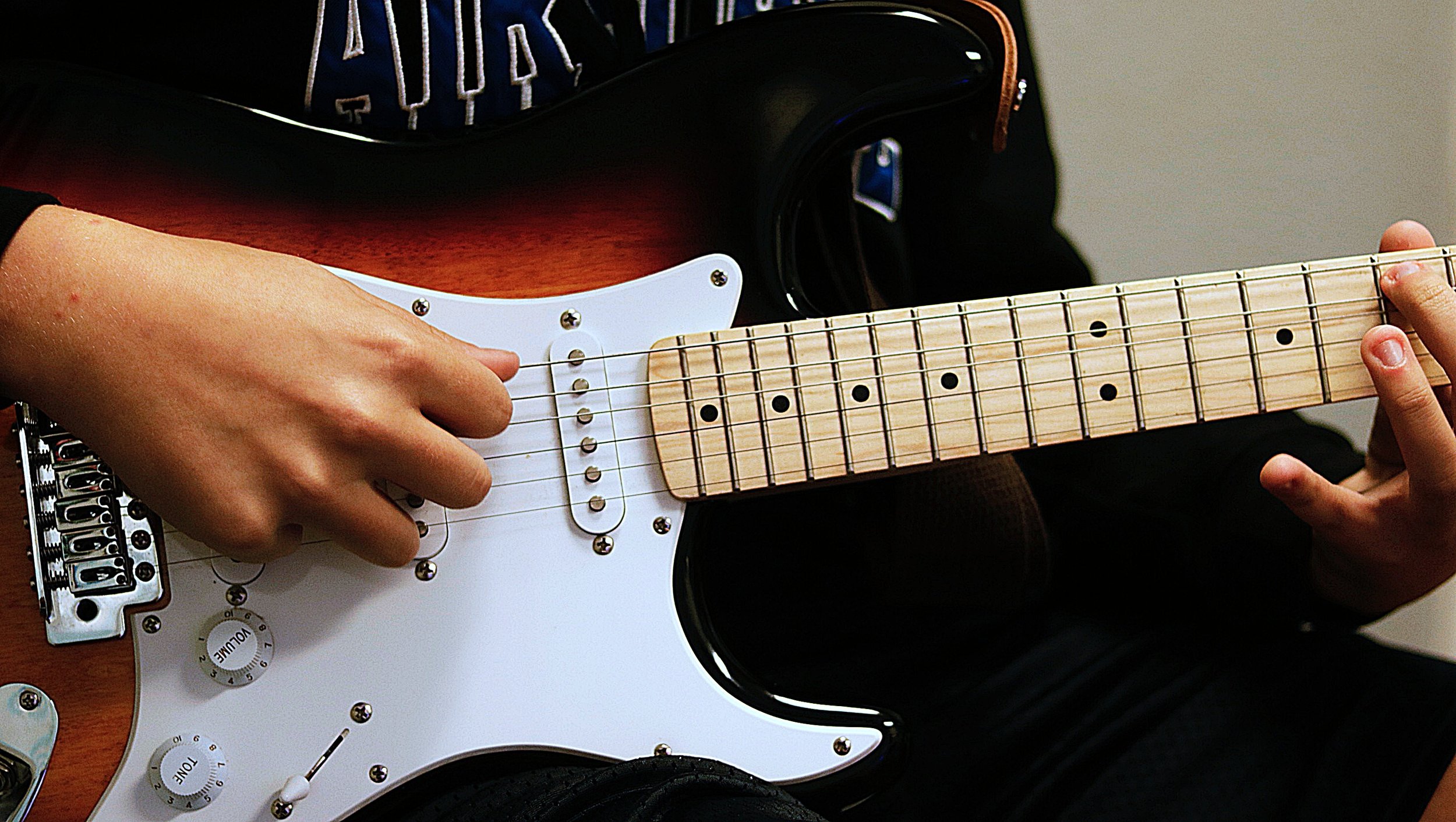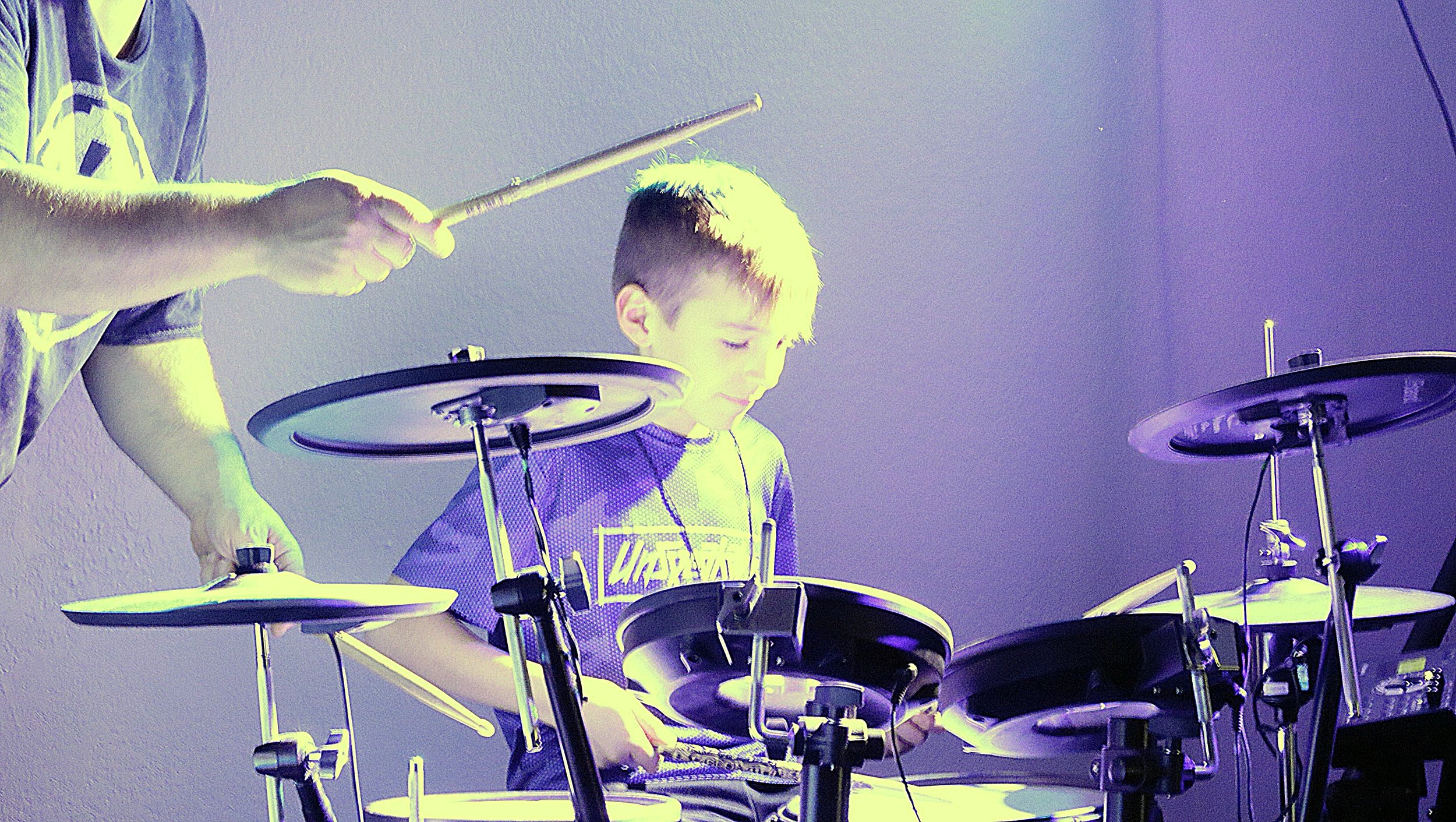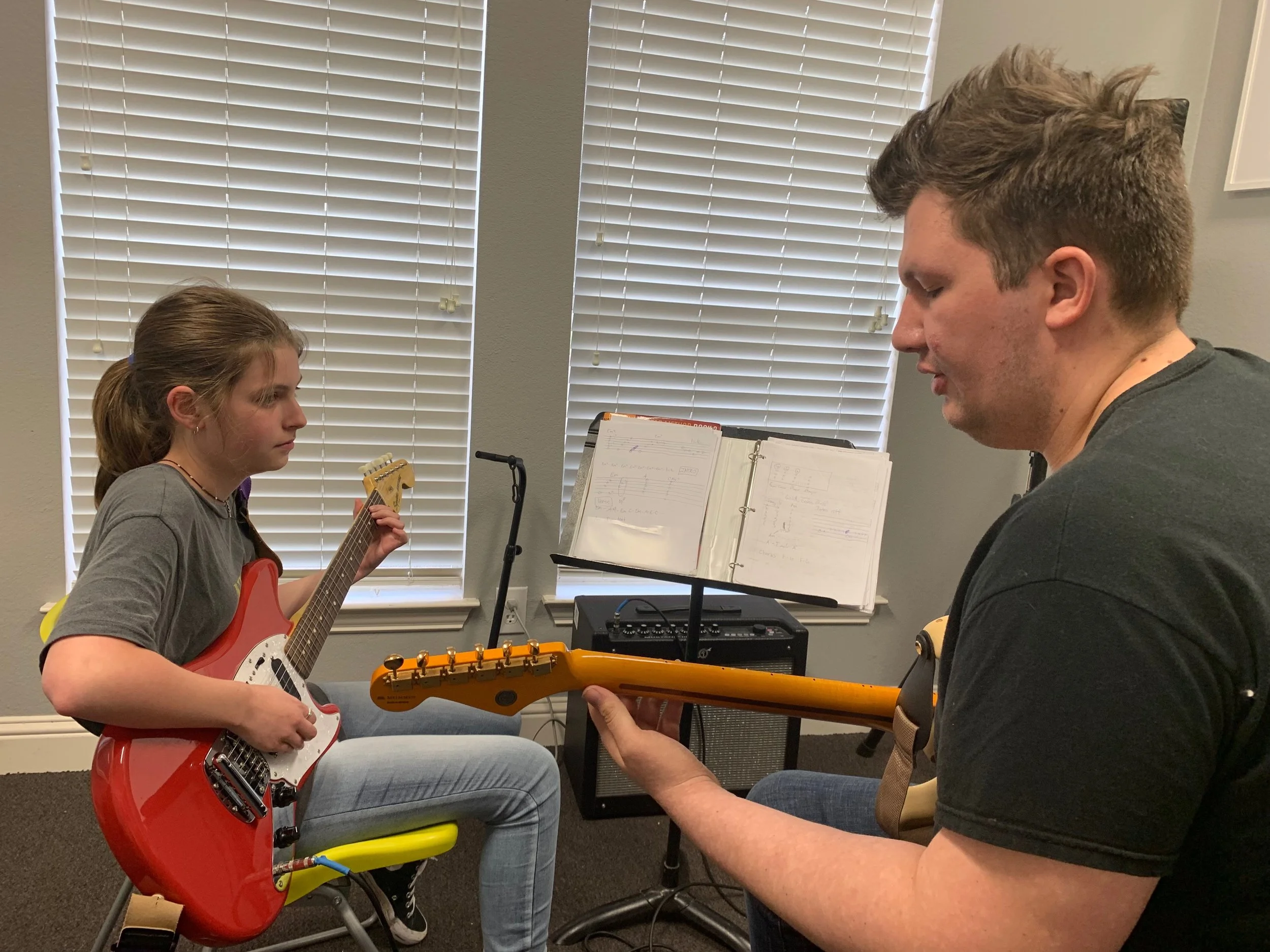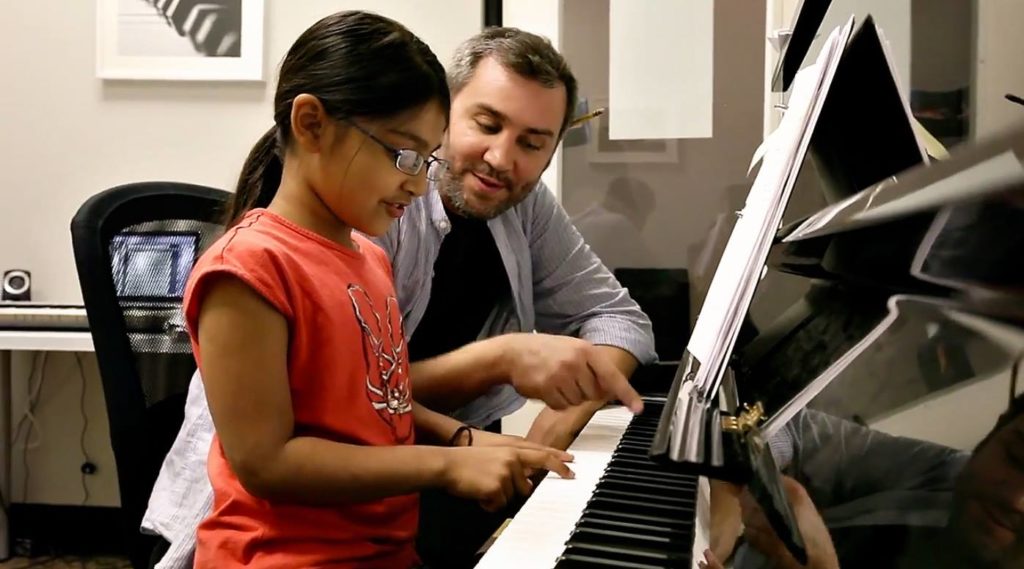Private music lessons are a great investment in your child's future. Not only will they gain valuable skills and knowledge, but they'll also build confidence along the way!
Studies show that children who take private music lessons at an early age (between 5-7 years old) have higher IQs than those who don't receive musical training until later in life. This is because music stimulates neural activity in the brain like no other activity can!
Private music lessons are also great because they give you one-on-one attention from an expert in the field. Not only will you learn faster than if you were learning on your own, but you'll also build confidence as you see how much progress you're making!
Another key benefit of taking private music lessons is that you can learn at your own pace. You don't have to worry about being judged or slowed down by other students in a group lesson who might not be as good at music as you are or as interested in it as much as you are! In fact, some people even find that their musical skills improve faster when they take private lessons because they're able to focus completely on what they're doing without worrying about whether or not everyone else in the room is keeping up with them.
The ideal age to start taking private music lessons depends on your child's interests and abilities. If they have an interest in music or are musically inclined, then starting early would be beneficial. However, if your child doesn't show an interest then it might not be worth investing in private lessons until they're older (around middle school or so).
If you want to become a better musician then private music lessons are definitely something that you should consider investing in! They'll help take your skills to the next level!
If you want to sign up out a free trial lesson at Matt Burk Music Studio before making a decision to begin lessons, then just give us a call or fill out this short form (https://www.wannalearnmusic.com/free-trial-lesson).
We would love to meet you and help you reach your goals in music!























